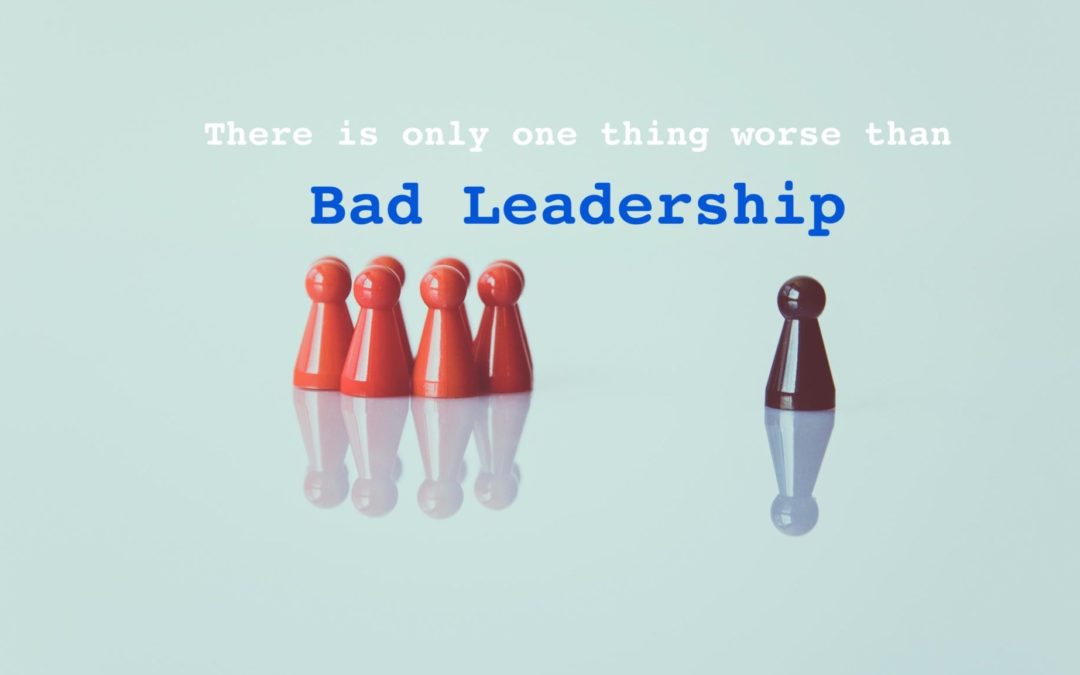How often do you use fear to motivate?
In the Gugin Research Team, we are about to start researching on how, when and why we as managers use fear as a management tool. Our preliminary research shows that some use it often, others never but almost everyone we have talked to believe that they use fear from time to time without knowing it.
We want to find out how, when and why and investigate if there are cultural, geographical, gender or age group ties to the how, when and why.
We are starting out with a high-level survey, which I hope you will answer if you have more than 5 people reporting to you. Furthermore, we will be very happy if you will distribute the link and share this article so that we can get sufficient responses from around the globe.
Fear in a Cross-Cultural Context
We know fear is perceived differently in different cultures; both national cultures, profession cultures, religious cultures and ethnic cultures. That is why we want to understand fear better, how we deal with the fear and how we use it to motivate others. Later we want to examine how these different perceptions and uses of fear can lead to cultural clashes and then we – as usual – will try to develop ways to reconcile the fear dilemma and provide practical tools for our clients
Please start the survey here
Hopefully, it will all end up with a nice publication but if you want to follow the work and the conclusions we make, please sign up for Gugin’s newsletter. You are of course always encouraged to get in touch with inquiries, ideas, feedback.
Want to know how you use fear in your organisation?
When we conduct cultural due diligence in an organisation one of the elements in our cultural DNA is fear. How big a role is fear playing in your organisation when it comes to motivating people? Do you want to find out? Then please get in touch here.
About Gugin Research Unit
When Gugin Research Unit conducts research for a particular company we always make sure that the questionnaires and interview questions are designed in such a way that they give the most valuable input to you. We don’t disclose information about what each individual has responded or expressed because we want people to feel free to express what they mean and feel without fearing it can have implications for them later.

Dr Finn Majlergaard
CEO Gugin, Professor, Keynote Speaker, Author
- We align your corporate culture with your strategy.
- We take you safely through major changes in your organisation.
- We develop the crucial cultural intelligence in your organisation by training your employees and leaders
- We help you develop a competitive advantage with a unique corporate culture
Gugin has helped more than 600 companies around the world creating a winning corporate culture.

There is one thing worse than bad leadership
Bad leadership is widespread, but there is always something g that can be done. Gugin helps your organisation creating a better workplace culture

Leverage cultural diversity and accelerate organisational effectiveness
Organisational effectiveness is crucial as it will help you adapt to changes and make your employees feel satisfied and motivated

Cultural Dilemma example 1: The Owner’s Daughter
Here is a cultural dilemma example that can help you determine your level of cultural intelligence

How a bank discovered that banking wasn’t its core competence
How a bank discovered that banking wasn’t its core competence . Gugin’s assessment helped them focus where they really had their strengths

Which Rules are you ready to break to be considered a Leader?
Which rules – if any at all – are you willing to break in order to be considered a good leader and what is the relationship with cultures
